
 Colin Staub was a reporter and associate editor at Resource Recycling until August 2025.
Colin Staub was a reporter and associate editor at Resource Recycling until August 2025.
Washington, D.C.’s recycling collection trucks were recently decorated with recycling-related motifs painted by local artists and students.
Although changes at the White House have grabbed much attention recently, there are plenty of other developments taking place in the District of Columbia.
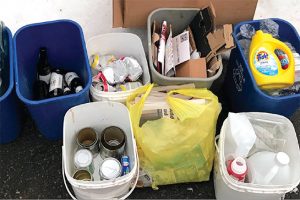
Clifton residents separate materials into more than 10 different categories.
As more and more communities switch to single-stream recycling collection to increase participation and material volumes, a New Jersey city is holding on strong to its source-separation system.
 It may be known as the Music City, but Nashville is also shooting for another designation. The municipality made recent headlines when city leaders announced a goal to become the “greenest city in the Southeast.”
It may be known as the Music City, but Nashville is also shooting for another designation. The municipality made recent headlines when city leaders announced a goal to become the “greenest city in the Southeast.”
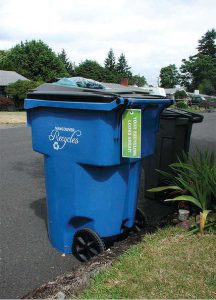 Through early implementation of recycling incentives and consistent outreach to involve the public in recycling initiatives, Vancouver, Wash. and its surrounding county have carved out a recycling rate of more than 50 percent over the past two decades.
Through early implementation of recycling incentives and consistent outreach to involve the public in recycling initiatives, Vancouver, Wash. and its surrounding county have carved out a recycling rate of more than 50 percent over the past two decades.
 In the City of Madison, Wis., staying consistently ahead of the curve has led to high diversion and citizen engagement in municipal recycling.
In the City of Madison, Wis., staying consistently ahead of the curve has led to high diversion and citizen engagement in municipal recycling.
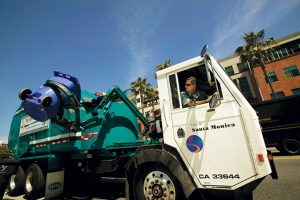 It’s known for its laid back surfing and skating culture, but Santa Monica, Calif. has been serious when it comes to recycling.
It’s known for its laid back surfing and skating culture, but Santa Monica, Calif. has been serious when it comes to recycling.
 It can be difficult for a recycling program to implement major changes. Switching to single-stream, including more materials or removing others from the accepted list can all lead to more contamination in the stream.
It can be difficult for a recycling program to implement major changes. Switching to single-stream, including more materials or removing others from the accepted list can all lead to more contamination in the stream.
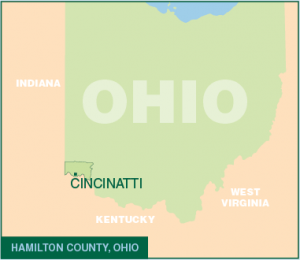 If it seems daunting to tackle contamination and hone recycling efforts in a single community recycling program, try taking on those tasks in four dozen municipalities simultaneously. For one Ohio county, that’s business as usual.
If it seems daunting to tackle contamination and hone recycling efforts in a single community recycling program, try taking on those tasks in four dozen municipalities simultaneously. For one Ohio county, that’s business as usual.
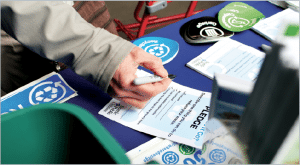
Seattle has steadily grown its program since the 1980s, in large part by regularly interacting with the public.
A data-driven approach to materials recovery has helped the city of Seattle steadily expand its recycling program to target a wider range of streams.
